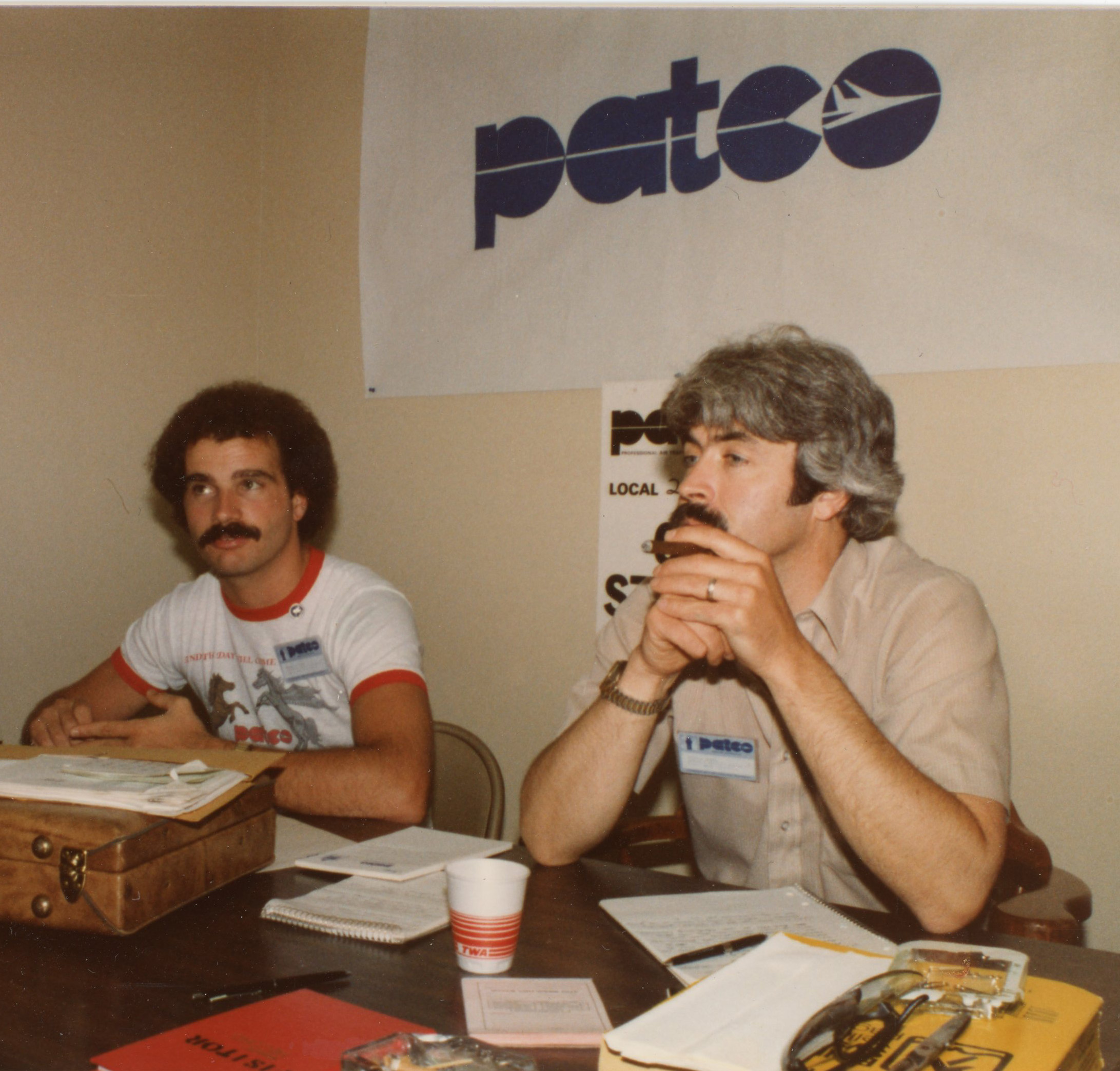Klaus Postler Collection
1981-2013
14 boxes
Call no.: MS 1122
Klaus Postler was a visual artist and curator who lived and worked in New England. Born Michael Edward Postler on March 23, 1951, he grew up in Yonkers, New York, and Connecticut. He was an avid collector of paper ephemera, which he included in his large-scale paintings and collages. From the late 1970s he was an enthusiastic participant in the international mail art movement, labelling his enterprise the Social Artists Reality Empire (S.A.R.E.). One of the exhibitions he curated was the Ray Johnson Memorial Mail Art Show at UMass Amherst, in 1996, for which he put out an open call and received mailed responses from around the world. Postler traveled in Europe and forged relationships with artists there, especially in Germany. In addition to his art practice, he worked for many years picking apples and pruning trees at New England orchards. Postler pursued his education at a number of institutions, with some difficulty due to his dyslexia, and completed his bachelor’s degree in 1998 through the University Without Walls program at UMass Amherst. He was a MacDowell Colony fellow in 2000, and returned to UMass to earn his MFA in studio art in 2005. Late in his life he cared for the estate of the artist Robert Mallary. He died on January 6, 2013, at his studio in Conway, Massachusetts.
The Klaus Postler collection contains a variety of sketchbooks that also functioned as diaries, as well as daybooks and dream journals; slides of his work; and photographic prints. Also included is an assortment of mail art, some created by Postler but mostly work sent to him by other artists, which Postler included in exhibitions he curated in Brattleboro, Vermont, and at UMass Amherst. Thomas Jahn, known as Horsefeathers, is a prolific contributor of mail art. The collection also includes documentation from posthumous gallery shows and a commemorative book about his work published by his partner, Eileen Claveloux.
Gift of Eileen Claveloux, September 2020
Contributors
Postler, KlausTypes of material
Sketchbooks


